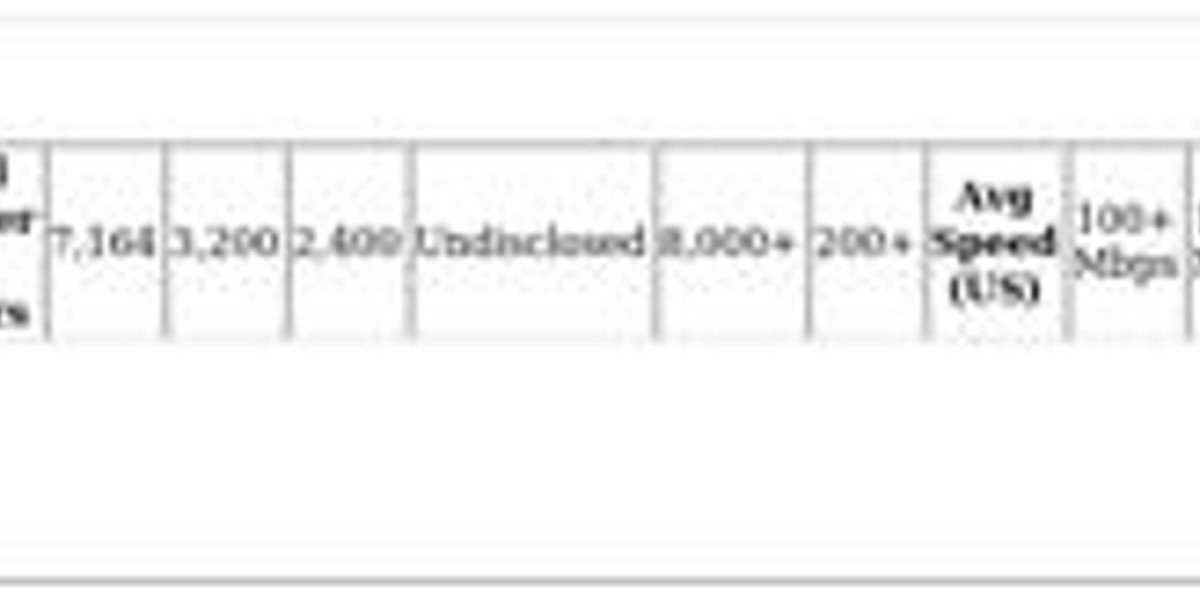Patients can also expertise *sore throats*, dangerous breath, and even difficulty swallowing. Because post-nasal drip can mimic different situations like bronchial asthma or GERD, a precise diagnosis from an ENT specialist is important. These signs can derive from varied underlying causes, similar to allergy symptoms, environmental irritants, or infections. Identifying the signs of post-nasal drip is important for timely intervention. By understanding these signs, sufferers can seek appropriate treatment earlier, thereby bettering their overall quality of lif Common indicators embrace a constant feeling of mucus within the throat, frequent throat clearing, and a *chronic cough*.
This synergy provides another layer to understanding the position of sound therapy in ENT care, particularly for patients dealing with situations affected by psychological healt The intersection of sound remedy and mindfulness practices is turning into increasingly obvious. Many sound remedy sessions incorporate parts of meditation, offering participants with tools to manage stress and anxiousness. Studies indicate that mindfulness could improve the body's natural healing processes, further linking sound remedy to mental health. The inclusion of mindfulness techniques, such as focused breathing and guided imagery alongside therapeutic sounds, enhances the general experience.
It's also important for sufferers to hold up an ongoing dialogue with their healthcare provider about any modifications in signs or effectiveness of remedies. Effective long-term administration typically includes regular follow-ups with an ENT surgery options specialist, particularly for these with continual allergic situations or *sinusitis*. Creating a personalised and proactive administration plan empowers sufferers to take control of their well being and diminish the impact of post-nasal drip on their every day live For many people, post-nasal drip can turn out to be a long-term challenge. ENTs might help monitor the affected person's condition, adjust therapy plans as wanted, and introduce new therapeutic options.
As flying includes important adjustments in altitude and strain, pilots routinely expertise situations that can exacerbate ENT issues, leading to potential security concerns. Effective communication and optimal performance in aviation are paramount, and the significance of Ear, Nose, and Throat (ENT) well being for pilots cannot be overstated. Problems corresponding to sinusitis, allergic reactions, and Eustachian tube dysfunction can impede a pilot's capacity to equalize ear strain, impacting their listening to and overall situational consciousness. Understanding and managing ENT health is due to this fact essential for pilots to ensure their well-being and keep peak operational efficiency in the cockpi Furthermore, ENT circumstances can affect the ability to speak clearly with air visitors control and crew members, which is essential for flight safety.
Research continues to advance in the subject of ENT food allergic reactions, focusing on better understanding the underlying mechanisms, enhancing diagnostic protocols, and developing novel treatment choices. Staying updated on the most recent research findings is important for healthcare suppliers to supply one of the best care potential while empowering patients to handle their **ENT food allergies** successfully. Additionally, innovations in allergen immunotherapy and *biologic therapies* show promise for more effective management of signs. Recent research have explored the genetic predisposition to meals allergy symptoms and how environmental elements might set off these responses.
Pre-operative screenings and assessments allow healthcare providers to determine any underlying issues that could affect affected person security. Ensuring patient safety throughout all medical procedures is paramount, and ENT endoscopic procedures are not any exception. The minimally invasive nature of those interventions significantly reduces the danger of issues such as an infection and excessive bleeding. During the procedure, steady monitoring of significant signs ensures that any antagonistic reactions are quickly addressed. The emphasis on security is essential, as it fosters trust between patients and providers, making them more likely to search help for their ENT issue



